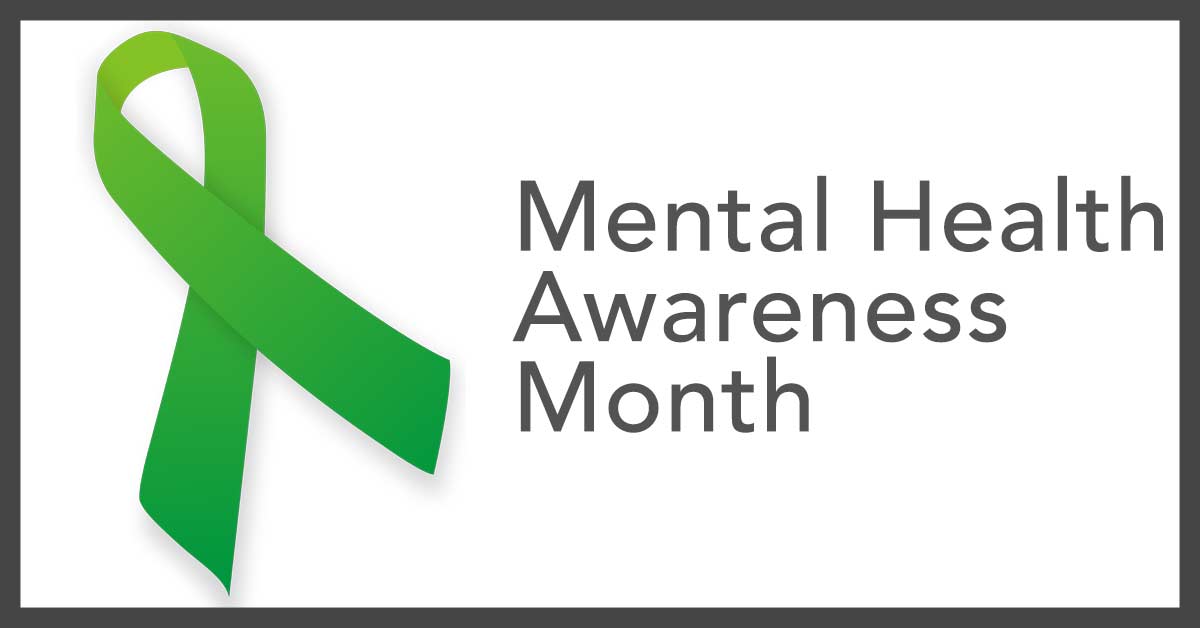
May marks Mental Health Awareness Month, and now more than ever, is a chance to share resources and raise awareness about something that everyone grapples with — our mental well-being.
Everyone reacts differently to new situations, and everyone’s reality during the COVID-19 crisis is different. Many people are experiencing varying degrees of anxiety, isolation, and uncertainty. We may find it hard to focus or have trouble sleeping. Maybe you are having trouble following your normal routine, or find yourself eating, sleeping or drinking more than usual. Front-line workers are particularly vulnerable, as they are physically managing their own and other’s safety during this pandemic. Harvard Business Review writes about a collective grief that we are all feeling, as many have lost a general sense of safety.
It is important to know that feelings of anxiety or stress are completely normal during this uncertain time. All of our lives have shifted in big and small ways. Patterns that we were used to have shifted. Our work and financial security may be impacted. We may be worried about our own health, or that of our loved ones. We feel the loss of missed events, birthdays, reunions and other plans. We may just miss our friends.
With many of us having some degree of worry or anxiety, we may wonder: when is the right time to reach out for help? There is no right or wrong time. The right moment will vary from individual to individual. If you feel that there is disruption in your life from your thoughts or actions, then please reach out for support. Or you may feel instinctively that it would help to talk to someone. There is never a wrong time to seek the support of a friend, family member, or caring professional.
You do not need to muscle through on your own. Acknowledging these feelings and paying attention to some of the signs of anxiety and stress is a good place to start. There are ways to cope with these feelings, and professionals to whom you can talk. They will meet you where you are and help you discover some strategies to rebuild your sense to stability.
If it would help to talk to one of Spurwink’s trained professionals via telehealth, you can contact us at The Link at 1-888-889-3903 or info@spurwink.org. You can also search for a clinician near you at providers.spurwink.org for telehealth services.
Resources
